Share this
Rights and Risks: Can F1 and H1B Visa Holders Join Protests in the US?
by Dean W. Liu on Apr 25, 2024
-1.jpg?width=2240&height=1260&name=D1CU%20Blog%20Banner%20(5)-1.jpg)
In recent years, the United States has witnessed a series of intense protests, from the Black Lives Matter movement to more recent campus demonstrations concerning the Israel-Hamas conflict. These events have stirred U.S. citizens and international students and employees, notably those on F1 and H1B visas. Given the legal complexities surrounding their participation in such protests, non-immigrants must understand both their rights and the risks involved.
1. The Right to Protest
The First Amendment of the U.S. Constitution safeguards the freedom of speech, assembly, and the right to protest peacefully. This protection extends to everyone within the U.S., including non-citizens. Thus, F1 students and H1B employees can legally participate in demonstrations and peaceful protests without fear of violating their visa conditions merely by attending.
2. Risks Involved in Protesting
Although legally permitted to join peaceful protests, non-immigrants face unique risks if arrested during such activities. For visa holders, an arrest can complicate future visa applications or renewals. The individual must disclose any arrests when applying for a visa or green card, regardless of the outcome. This disclosure can potentially affect their immigration status or result in denial of future applications.
3. Consequences of an Arrest
While an arrest does not automatically lead to visa revocation, the implications can be severe. For example, if charged with a crime, the visa holder must navigate the U.S. criminal justice system, and even if charges are later dropped, the arrest record remains. This can be particularly consequential during USCIS assessments, where even minor infractions might be scrutinized.
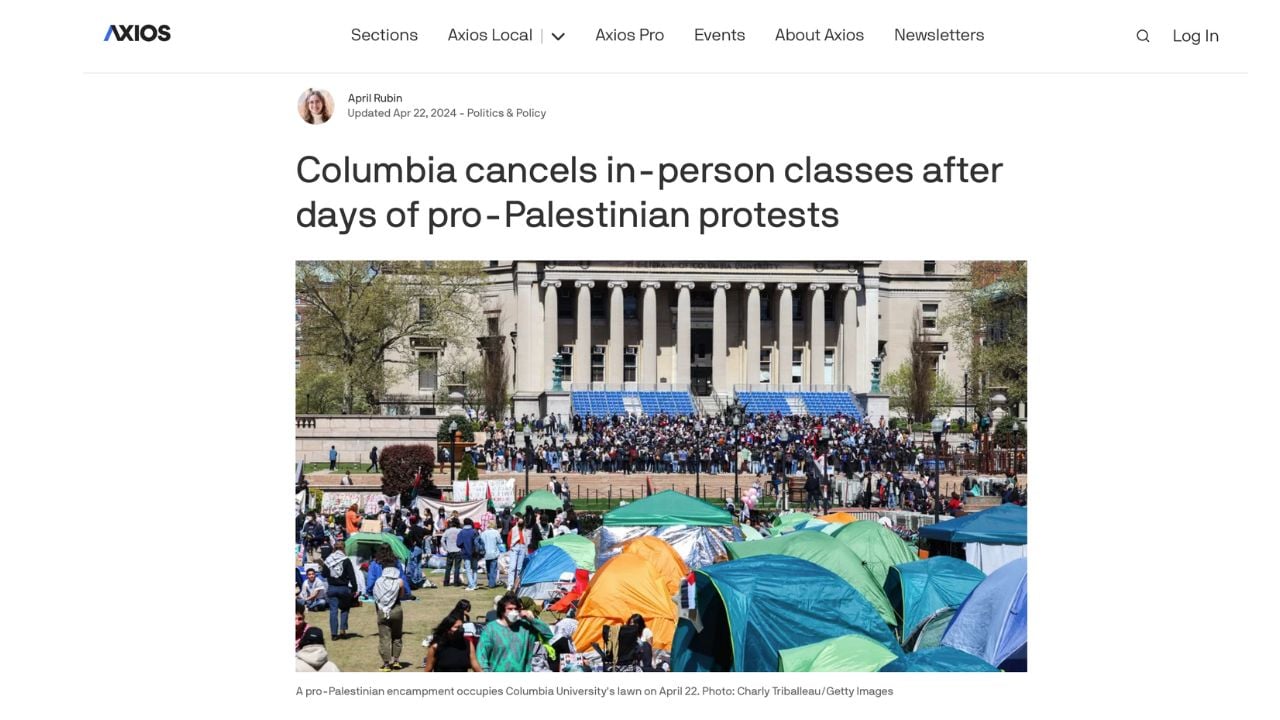
4. Ensuring Safety and Compliance
For F1 and H1B holders wishing to engage in protests, it’s advisable to:
- Participate only in lawful and peaceful protests.
- Avoid any acts interpreted as incitement, violence, or disruption.
- Stay informed about the nature of the protest and be aware of escalating tensions that could lead to confrontations with law enforcement.
5. Example from Recent Protests
Recent protests at universities like Columbia, NYU, and Yale, where international students participated in demonstrations concerning the Middle East, underscore the importance of caution. Some protests have led to arrests and university sanctions, demonstrating the real risks involved.
Conclusion
While the U.S. protects the rights of non-citizens to participate in protests, F1 and H1B visa holders must carefully consider the potential legal repercussions of getting involved in political demonstrations, especially those that might lead to police action. By understanding their rights and the associated risks, international students and workers can make informed decisions about engaging in activities that reflect their beliefs while maintaining their legal status in the U.S.
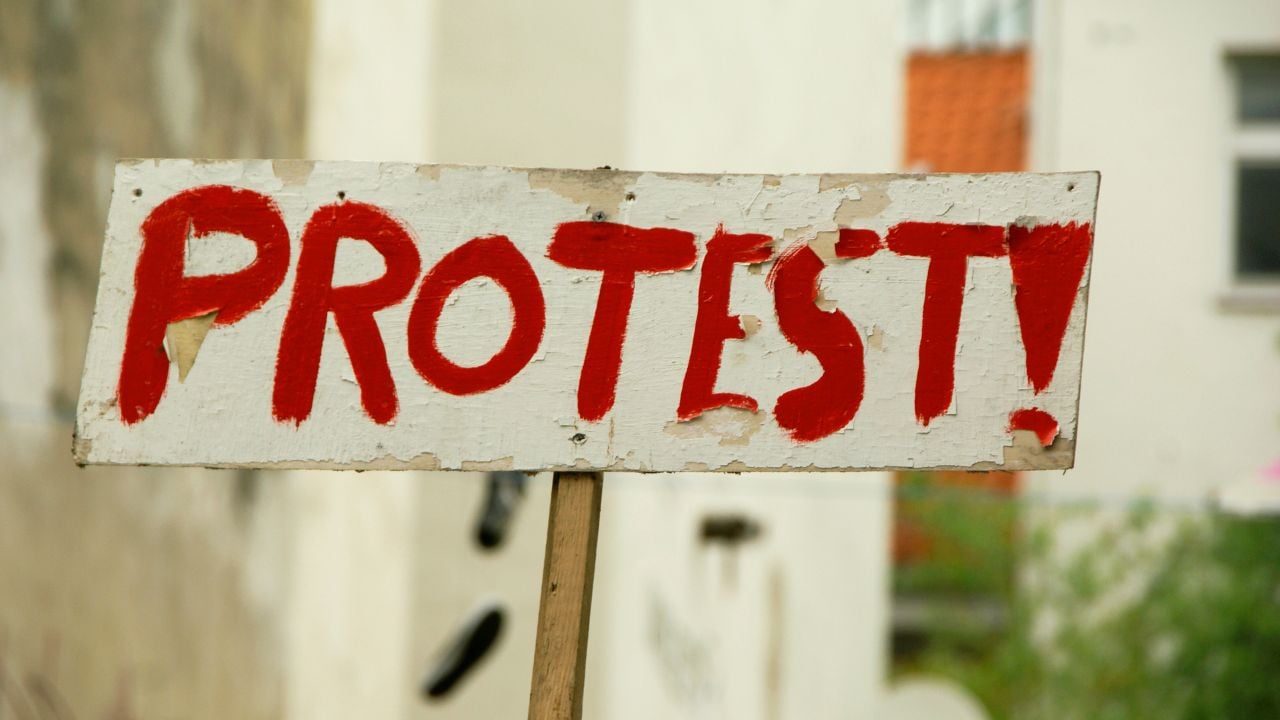
Share this
- Day 1 CPT (32)
- H1B (24)
- Day 1 CPT Universities (18)
- H1B Lottery (11)
- CPT (6)
- Green card (5)
- University Application (4)
- F1 (3)
- F1 Status (3)
- International Students (3)
- USCIS (3)
- Westcliff University (3)
- Concordia University Texas (2)
- F1 Reinstatement (2)
- H1B Layoff (2)
- H1B Status (2)
- OPT (2)
- STEM OPT (2)
- change of status (2)
- Bay Atlantic University (1)
- Curry College (1)
- English Proficiency (1)
- Goldey-Beacom College (1)
- Green Card Application (1)
- H4 EAD (1)
- H4 Visa (1)
- Humphreys University (1)
- Immigration (1)
- International Student Travel (1)
- Jobs (1)
- L1 (1)
- Layoff (1)
- McDaniel University (1)
- O1 (1)
- Saint Peter's University (1)
- Salem University (1)
- Scholarships (1)
- Sofia University (1)
- Tax (1)
- December 2025 (1)
- November 2025 (2)
- October 2025 (1)
- September 2025 (3)
- August 2025 (2)
- June 2025 (1)
- May 2025 (2)
- March 2025 (2)
- November 2024 (2)
- October 2024 (4)
- September 2024 (3)
- August 2024 (3)
- July 2024 (2)
- June 2024 (7)
- May 2024 (3)
- April 2024 (4)
- March 2024 (3)
- February 2024 (5)
- January 2024 (1)
- October 2023 (3)
- September 2023 (6)
- August 2023 (10)
- July 2023 (3)
- June 2023 (4)
- May 2023 (1)
- April 2023 (1)
- February 2023 (1)
- November 2022 (1)
- October 2022 (3)
- September 2022 (1)
- August 2022 (1)

Full Day 1 CPT Universities List
Click here to view 30+ Day 1 CPT universities in different states
Scholarships & Payment Plan
Click here to explore extensive scholarships and financial aids
Get Free Assistance Now
We can help you with admission, fee waiver, and scholarships
Featured Articles
Studying and Working in the US
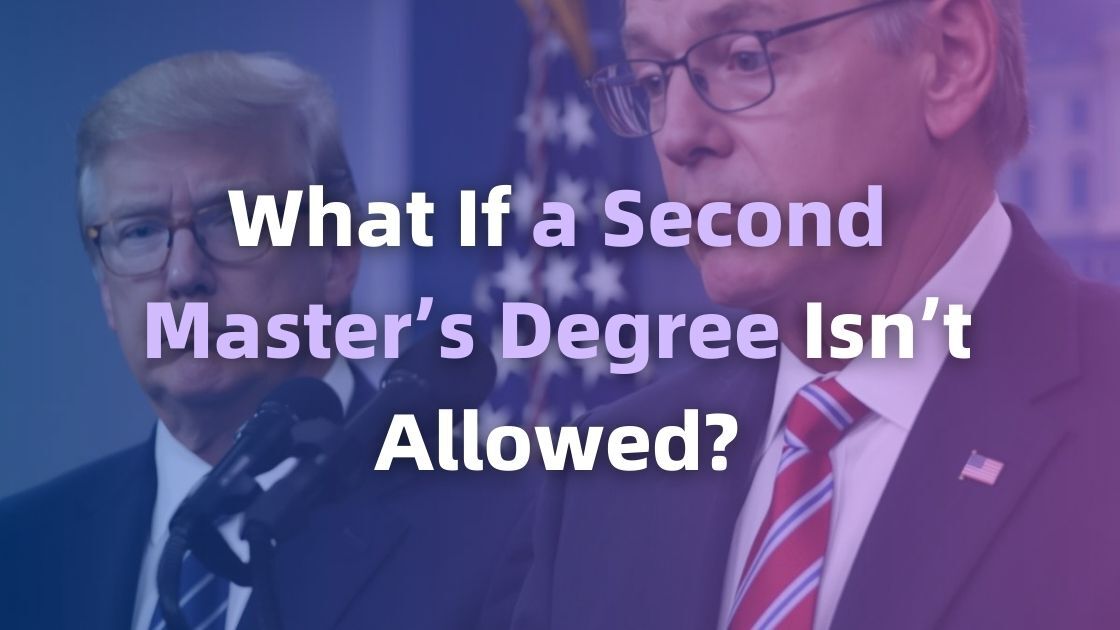
What If a Second Master’s Degree Isn’t Allowed? Why a Day 1 CPT DBA Could Be Your Best Path Forward
-Nov-22-2025-12-02-59-3078-AM.jpg)
Which Day 1 CPT Programs Offer a Fixed Summer Break? You Won’t Believe How Rare the Answer Is…
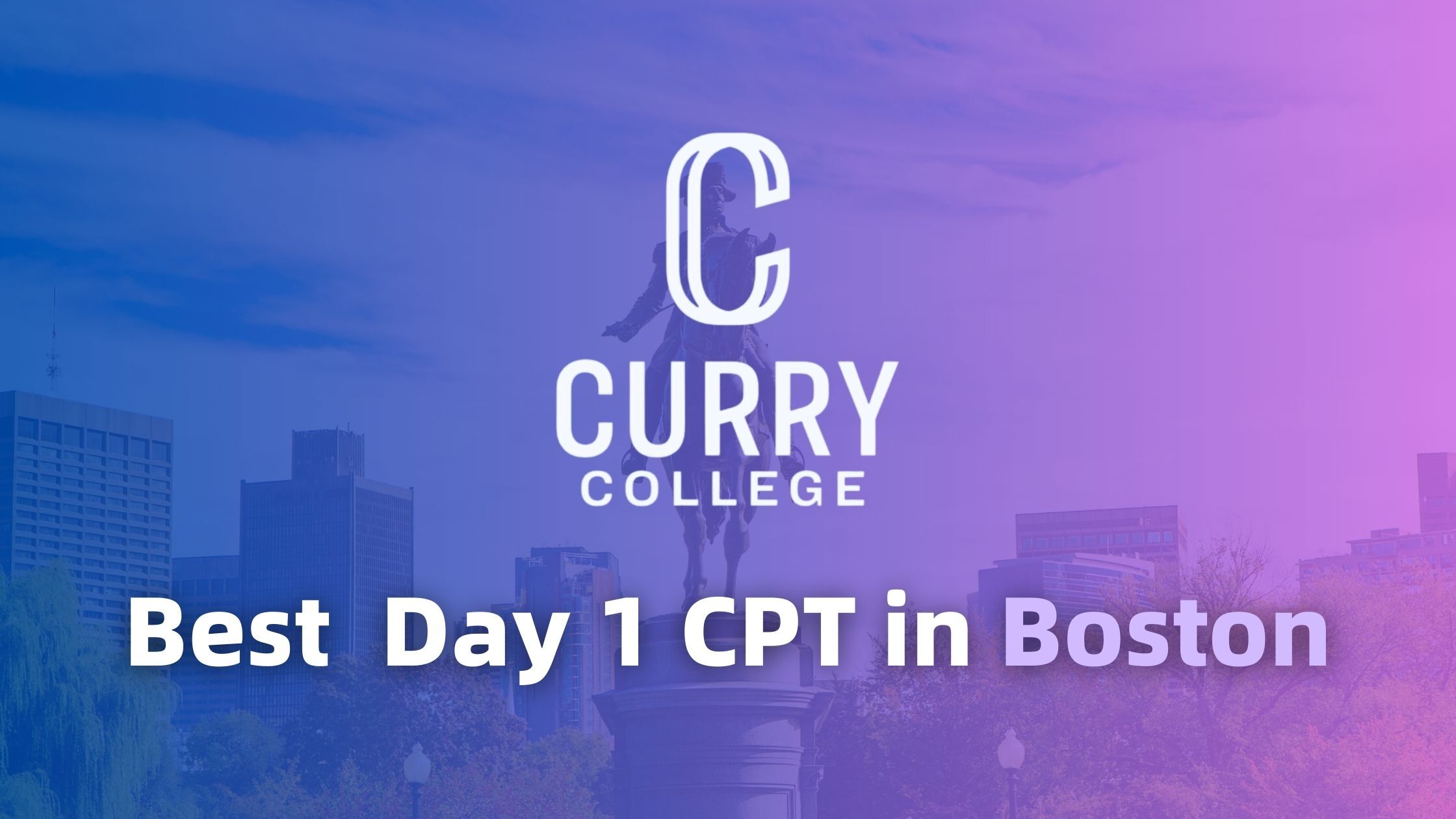
Why Curry College is a Top Choice of Day 1 CPT in Boston
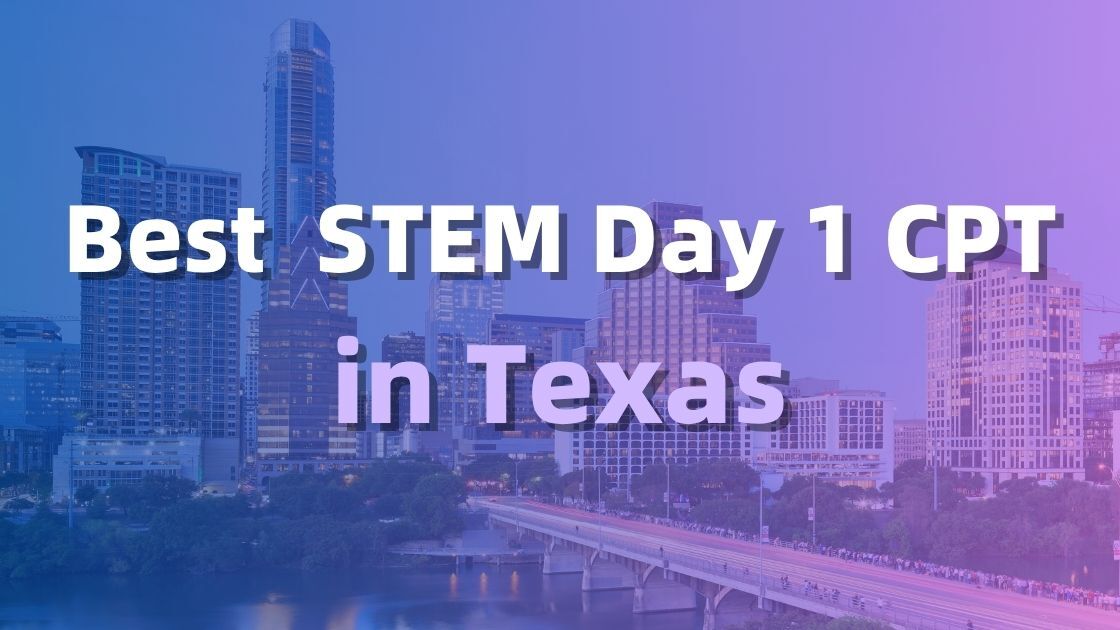
Concordia University Texas Launches New MCS Program - A Top STEM Day 1 CPT Option




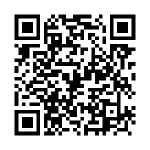
.png?width=204&height=68&name=Verified%20(2).png)


.png?width=250&height=83&name=Logo%20-%20Rectangle%20(2).png)
.png?width=250&height=83&name=Logo%20-%20Rectangle%20(1).png)
